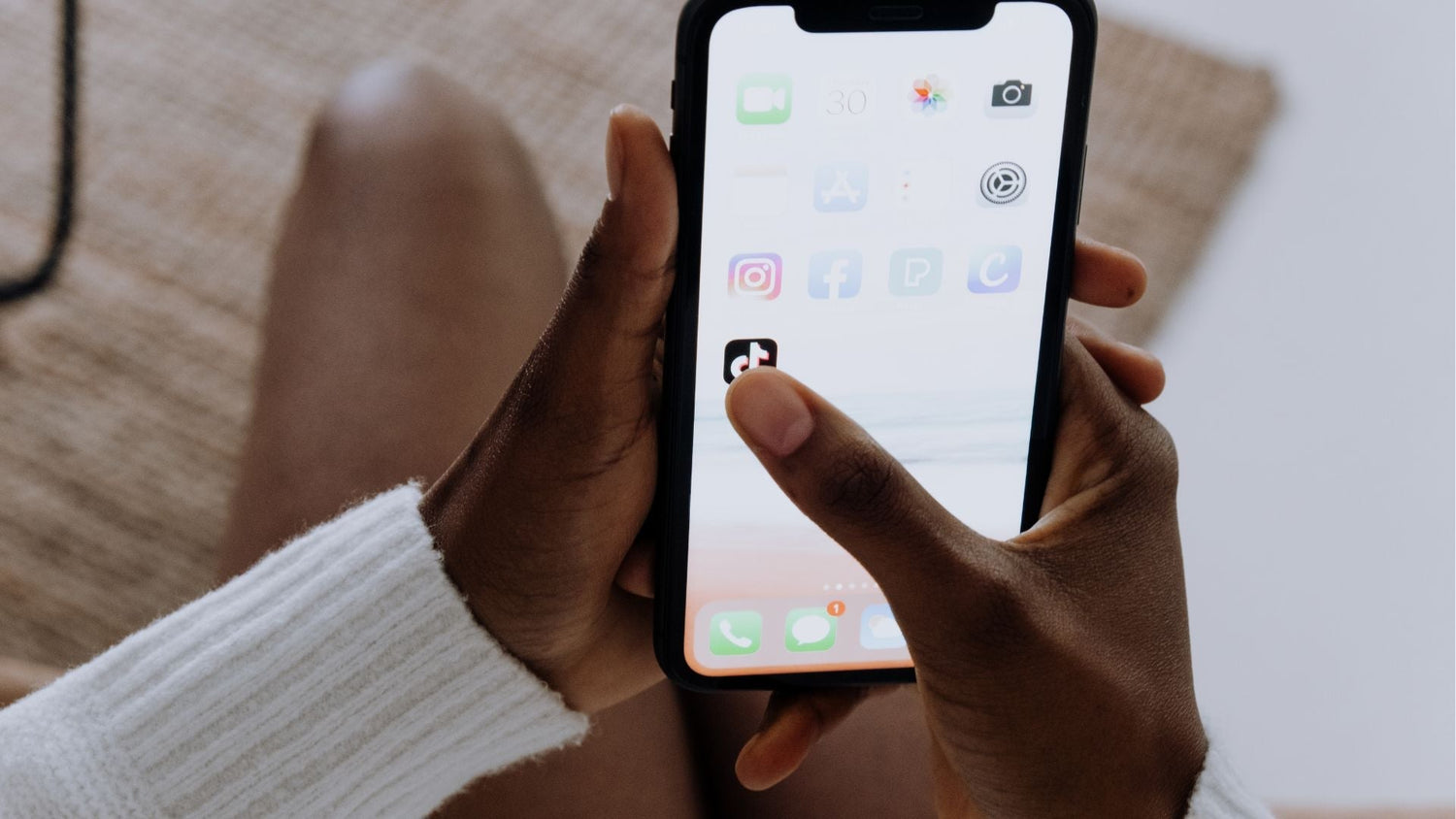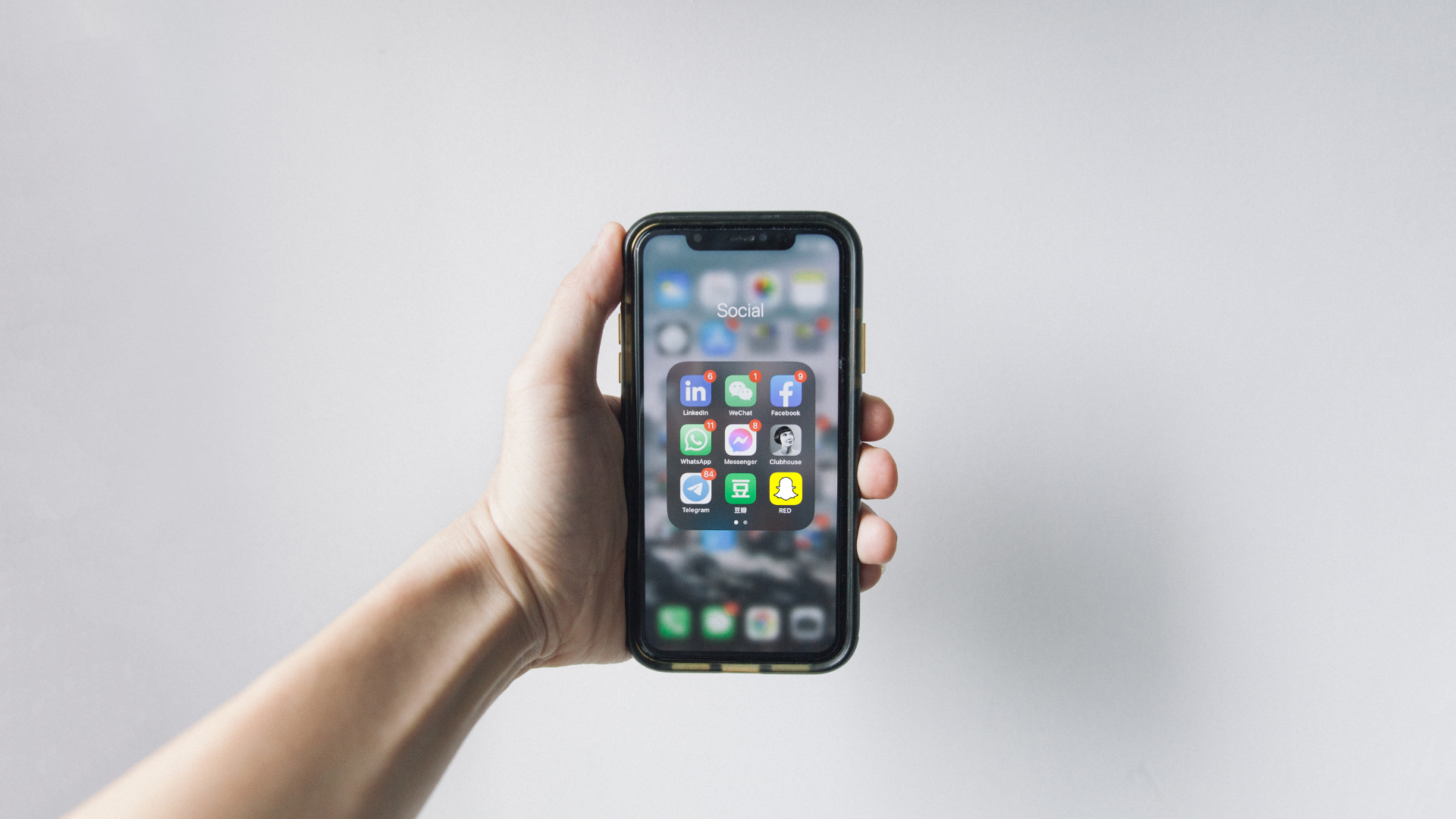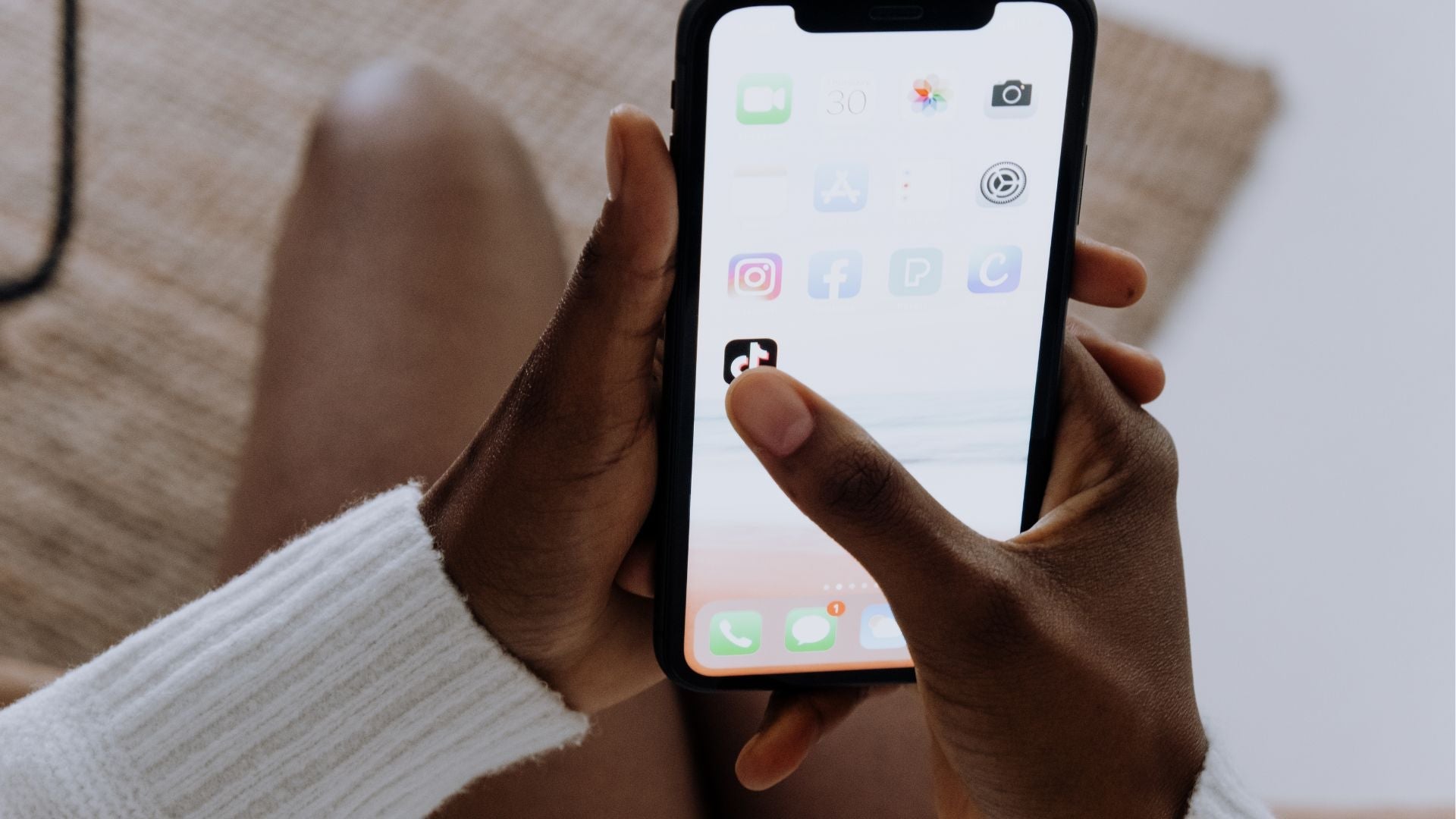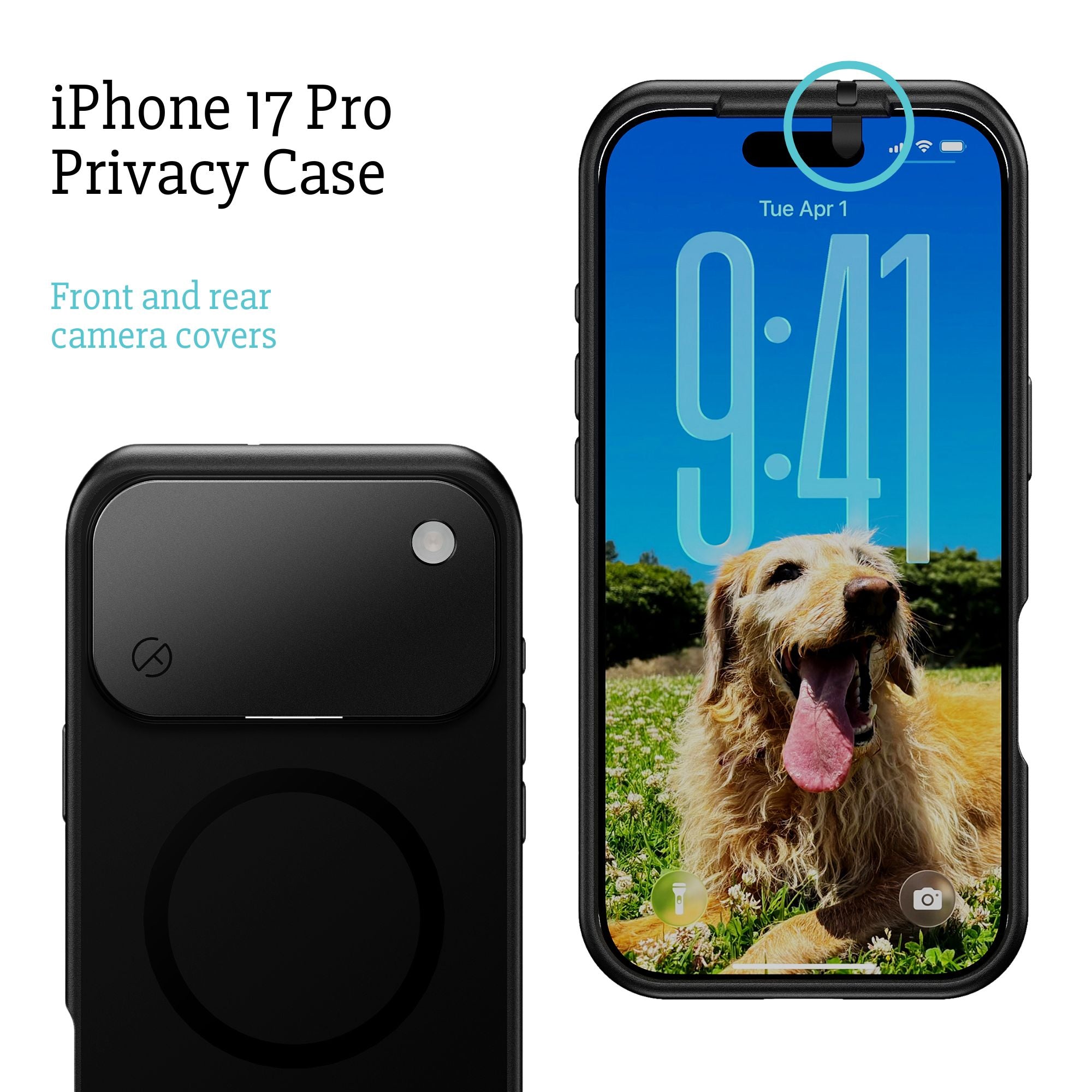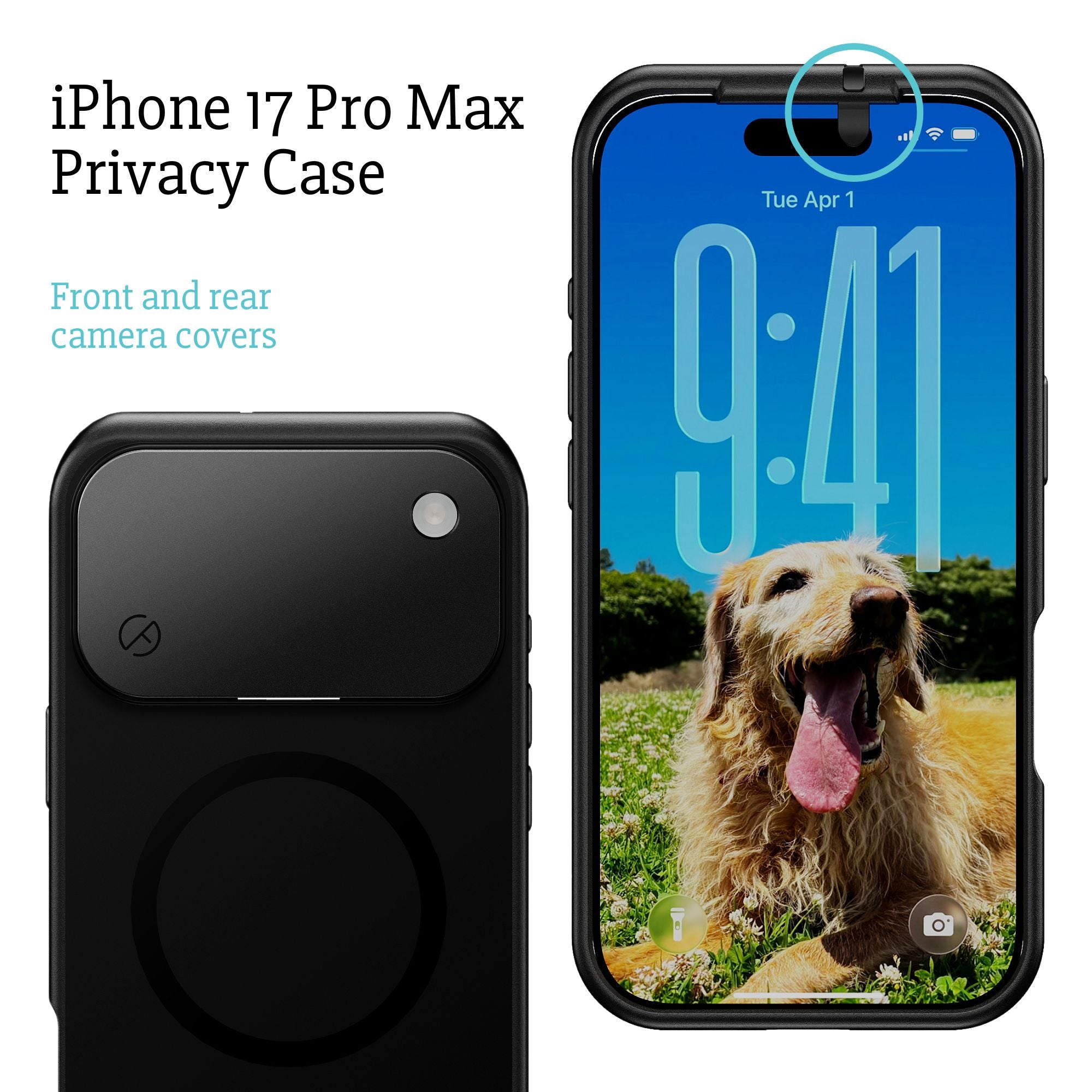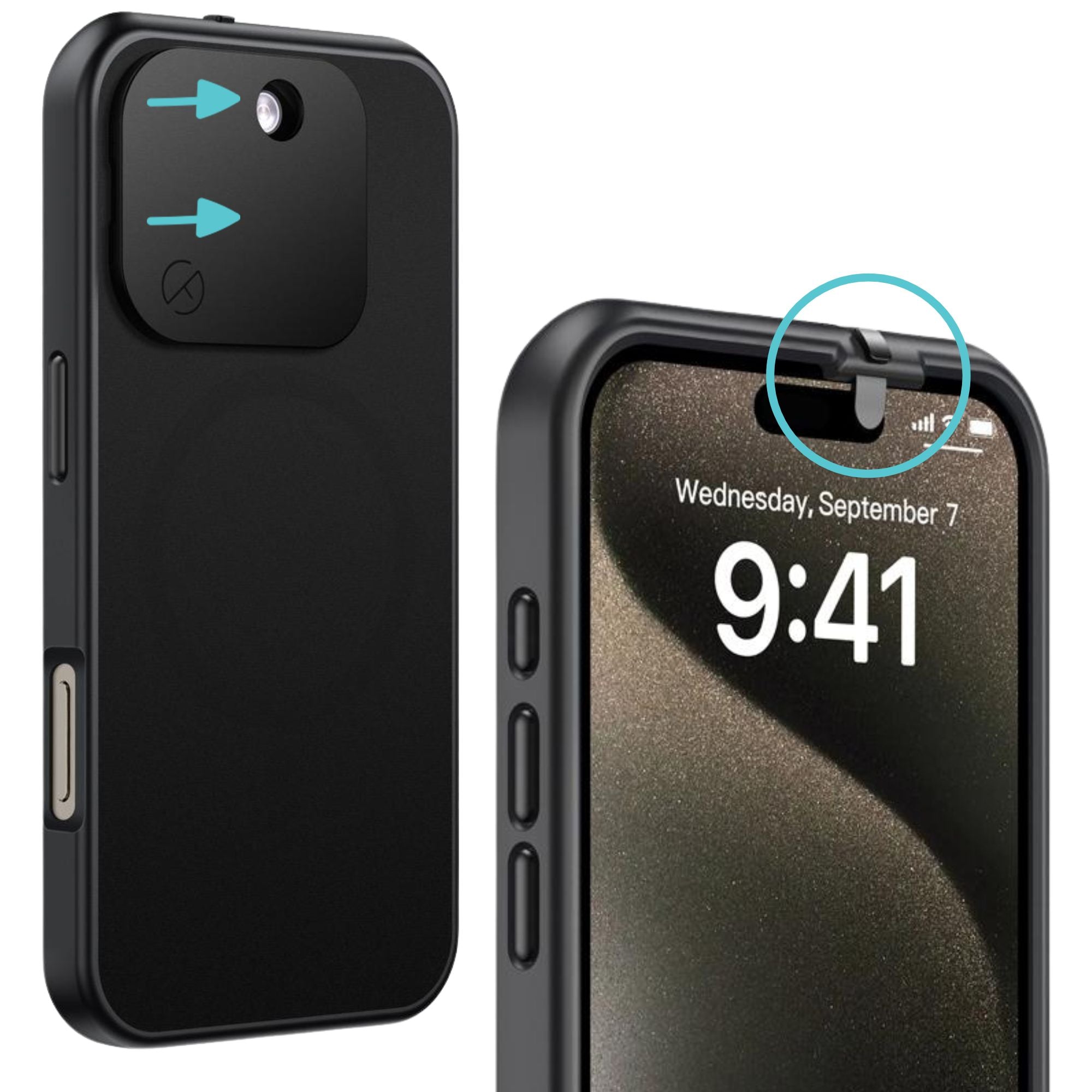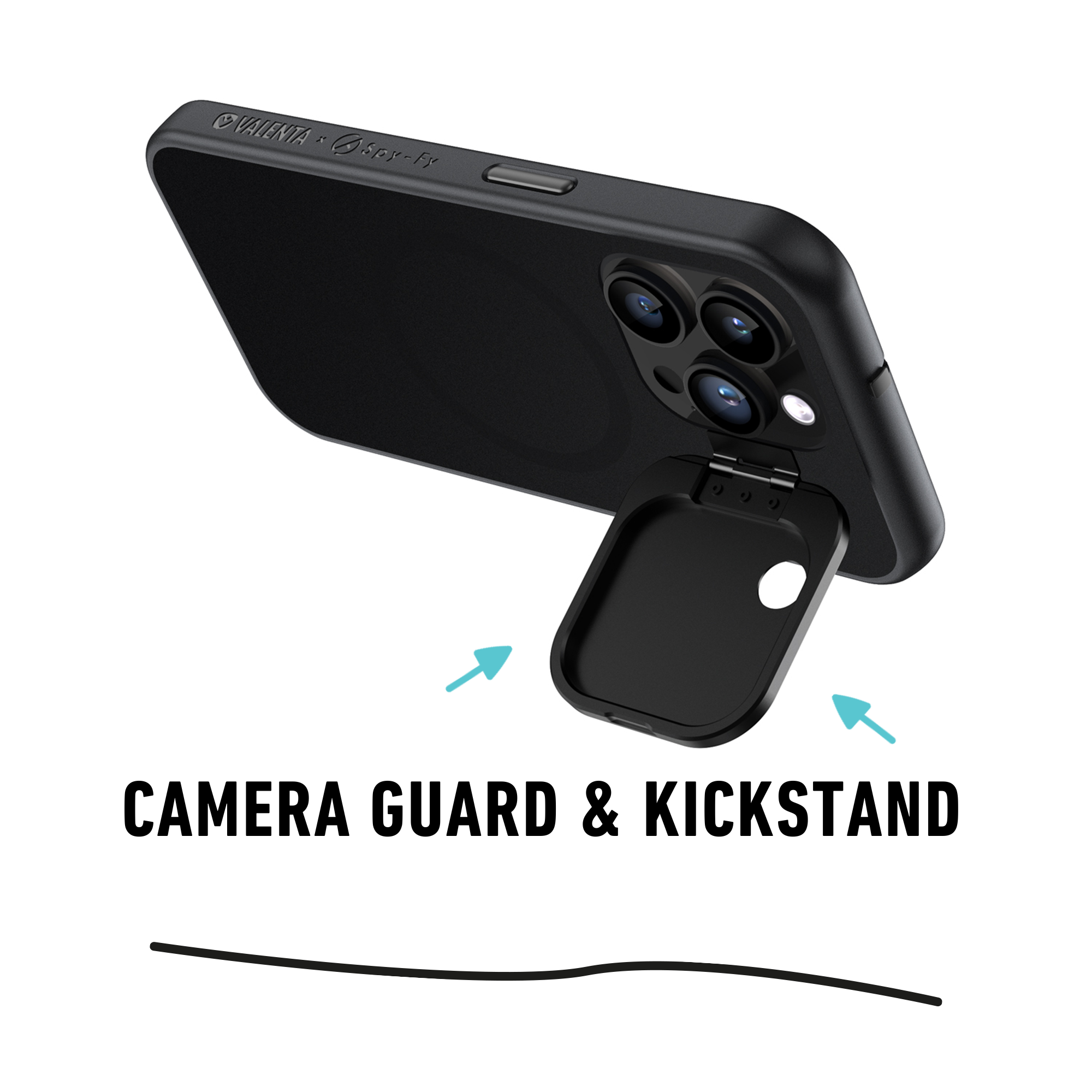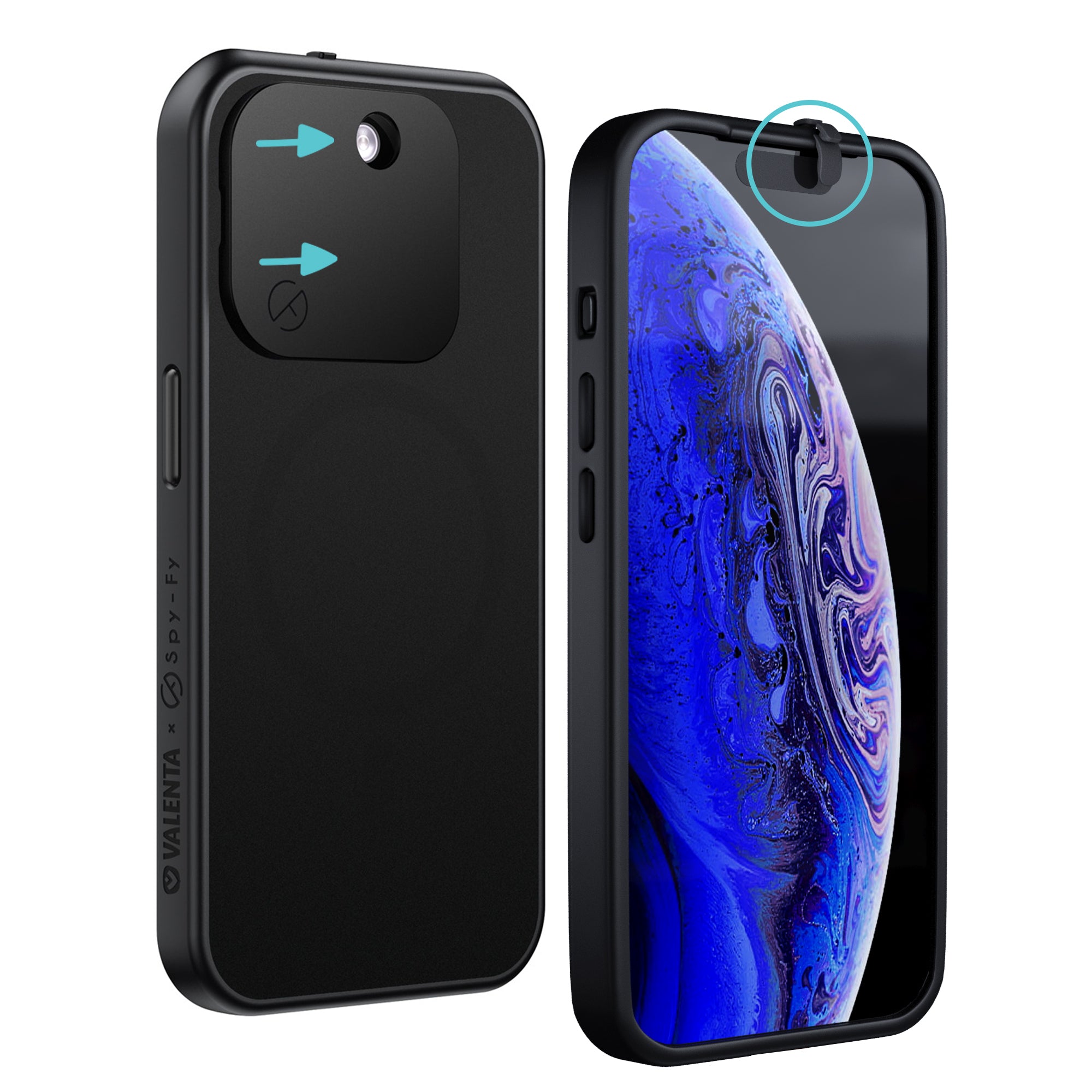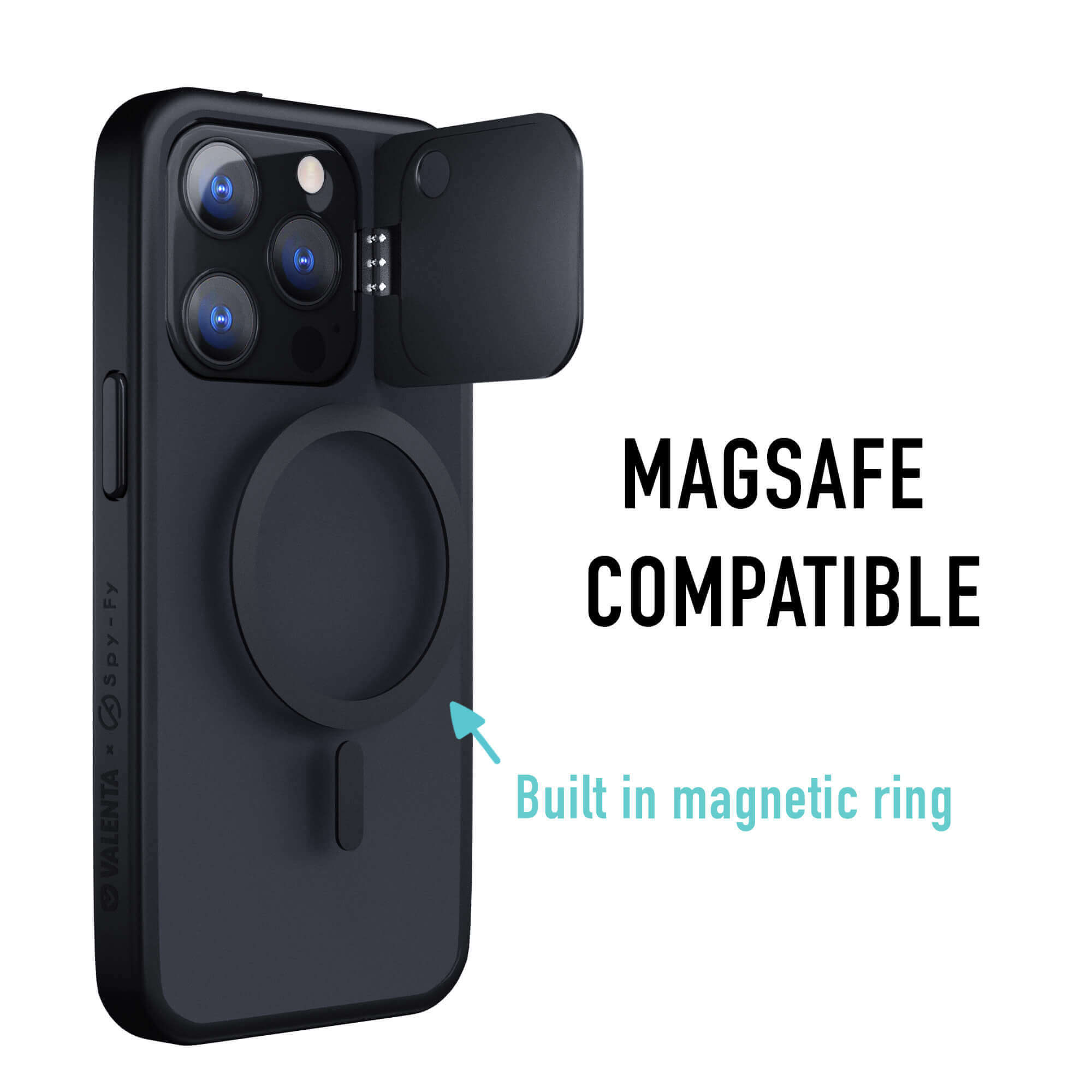TikTok is everywhere. Kids, teens and adults, everyone seems to scroll through its endless feed. It’s fun and the algorithm knows exactly what you want to see. But behind all those clever videos and catchy sounds, there’s a serious question: Is TikTok spying on you?
Some people say yes. Others say it’s no worse than Instagram or Facebook. But governments, privacy experts, and tech reporters have taken a closer look. Let’s break it down.
What data does TikTok collect and why?
When you download TikTok, you’re not just signing up to watch videos, you’re also agreeing to share a lot of information. That’s common with social media apps, but it’s still worth looking at what’s involved.
According to the TikTok privacy policy, the app collects:
-
Basic account info
Your name, age, phone number, and email address. -
App usage data
What videos you watch, search for, like, comment on, and how long you interact with them. -
Device information
Your phone model, operating system, time zone, battery level, language settings. -
Network and location data
Your IP address, and in some cases, your GPS location. -
Typing behavior
Not just what you type, but how you type, patterns in your keystrokes. -
Unpublished content
Drafts you start but never post may still be saved on TikTok’s servers.
TikTok explains that this data helps improve your experience, mainly through personalization. In other words, the app learns what catches your attention and tries to show you more of it. That’s a big part of why your For You Page often feels spot-on. This type of tracking isn’t unusual, but it does mean the app builds a detailed profile of your behavior over time.
Does TikTok spy on you?
The word “spy” can sound dramatic. It suggests secret listening or watching, but in reality, data collection today often happens in more subtle ways. Apps quietly gather information in the background as you scroll, click or type.
In 2023, TikTok’s CEO testified before U.S. lawmakers about concerns that user data might be accessible to the Chinese government. Since TikTok is owned by ByteDance, a company based in China, that question has come up often. In response, TikTok launched Project Texas, a move to store U.S. data on American servers with stricter oversight. It’s a sign that the company is trying to build trust, though it hasn’t fully settled the debate.
Media outlets and privacy advocates continue to explore how TikTok handles user data. Some reports say the app may monitor what’s on your clipboard, and that it could theoretically track behavior even when the app isn’t open. There’s no public proof that TikTok listens through your microphone, but the concern often comes from how little transparency there is.
So, does TikTok spy on you? Not in a Hollywood sense. But like many apps, it watches closely and collects more than most users realize.
Is TikTok safe compared to other apps?
TikTok isn’t unique in how it uses data. Facebook, Instagram, YouTube, and many others collect similar information. They use it to personalize content, target ads, and improve their platforms. This has become the norm online.
What makes TikTok stand out isn’t necessarily the data itself, it’s the speed and precision of its algorithm, and the questions around where that data goes. TikTok learns fast. It can quickly adapt your feed based on just a few interactions. That’s impressive, but also a little unsettling when you think about how little control users have over the process.
So is TikTok safe? In terms of malware or direct threats, yes. But if you’re thinking about digital privacy, it depends on how much you’re comfortable sharing.
How to protect your privacy on TikTok
You don’t need to delete TikTok to stay in control of your data. With a few simple steps, you can limit how much information the app collects:
-
Check your app permissions
Go to your phone settings and see what TikTok can access. Remove anything it doesn’t truly need, like your contacts or full storage access. -
Turn off location access
TikTok doesn’t need your exact location to work. Disabling GPS can help protect your privacy. -
Only allow microphone and camera when recording
Don’t keep these permissions on all the time. Allow them only when you’re making a video. -
Use a VPN
A VPN hides your IP address and helps reduce how much of your online activity is visible to TikTok (and other apps). -
Be careful with what you type or save
Even if you don’t post something, drafts and messages might still be stored. Think twice before entering personal details in the app.
These small changes won’t stop all tracking, but they do give you more control. You can still enjoy the app, just with stronger boundaries in place.
How to turn off TikTok’s exact location access on iPhone
Even if you’ve disabled TikTok’s general location access, your iPhone might still allow the app to use your exact GPS location. To prevent this and improve your privacy, follow these steps:
-
Open your iPhone Settings
Go to your home screen and tap the Settings app.
-
Scroll down and select TikTok
This will open the specific settings for the TikTok app.
-
Tap “Location”
You’ll see several options for how TikTok can access your location.
-
Choose “Never” or “Ask Next Time”
Select “Never” to stop TikTok from accessing any location data.
Alternatively, you can choose “Ask Next Time” if you want to decide each time the app requests location access.
-
Disable “Precise Location”
If you still allow location access at some level, make sure to toggle off the switch next to “Precise Location.” This limits TikTok to knowing only your general area, not your exact GPS coordinates.
TikTok verdict: Should you be worried?
So, is TikTok spying on you?
Not exactly. But it does collect a lot of information, some of it obvious, some of it less so. It uses that data to build a detailed profile of who you are and what you like, and that helps power the app’s incredibly accurate recommendations.
The bigger question is whether that’s different from what other apps do. In many ways, it’s not. What makes TikTok feel different is how fast it learns, how addictive the content can be, and how little users understand what’s going on behind the scenes.
So maybe the better question isn’t “Does TikTok spy on you?” It’s “How much do you want to give away?”
